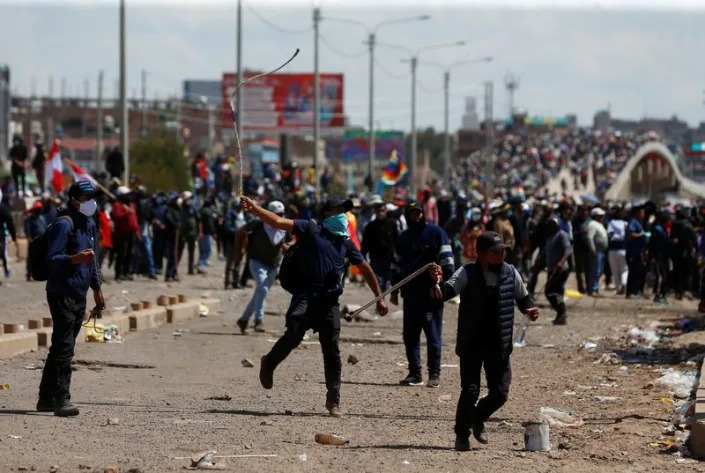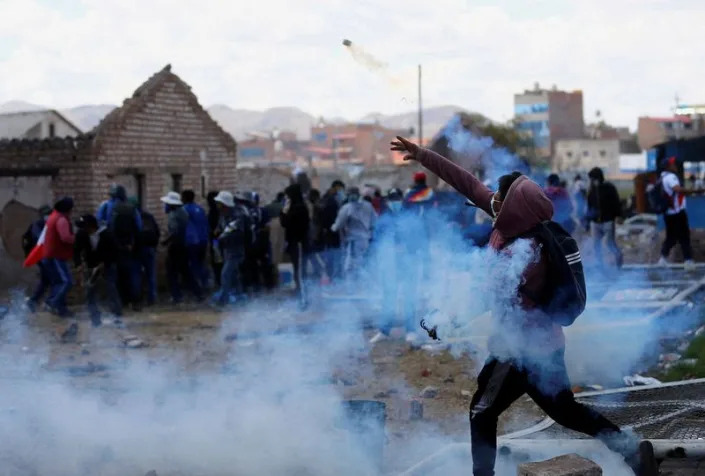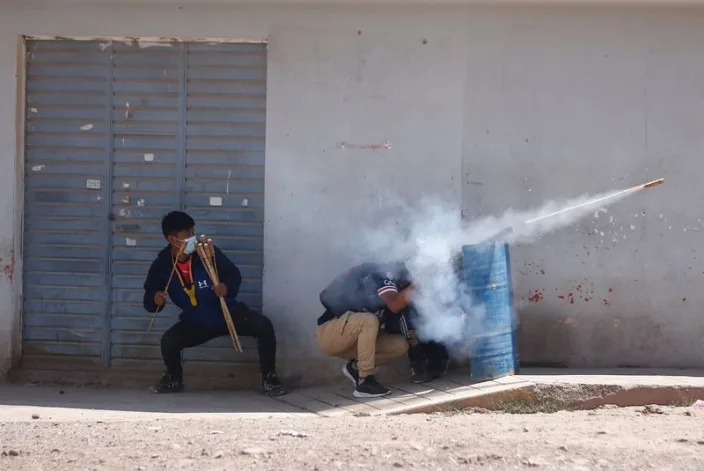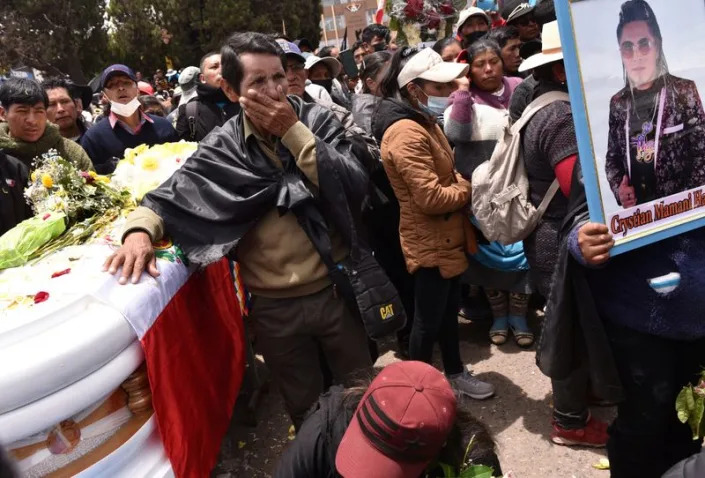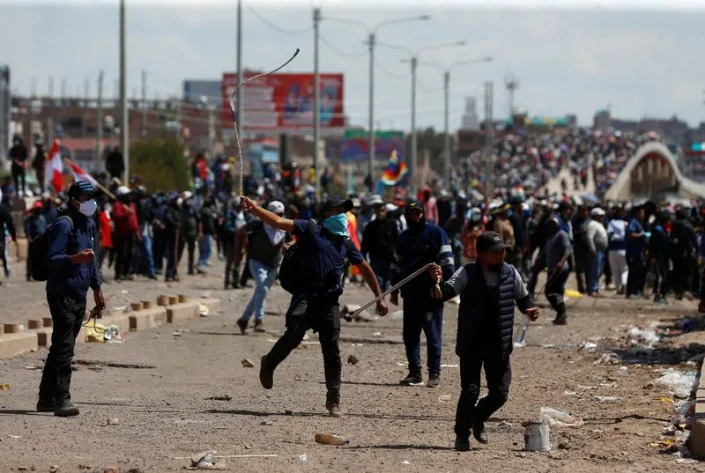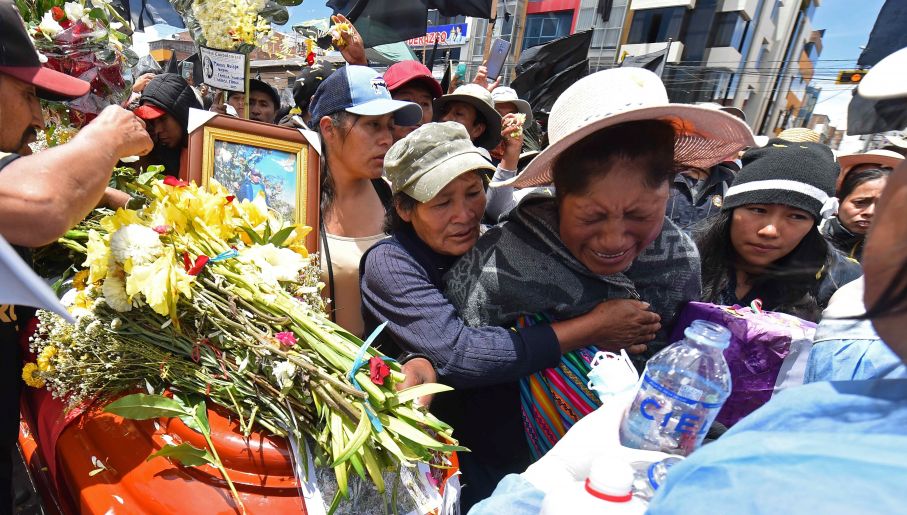Nigeria's female bouncers show their strength fighting stereotypes
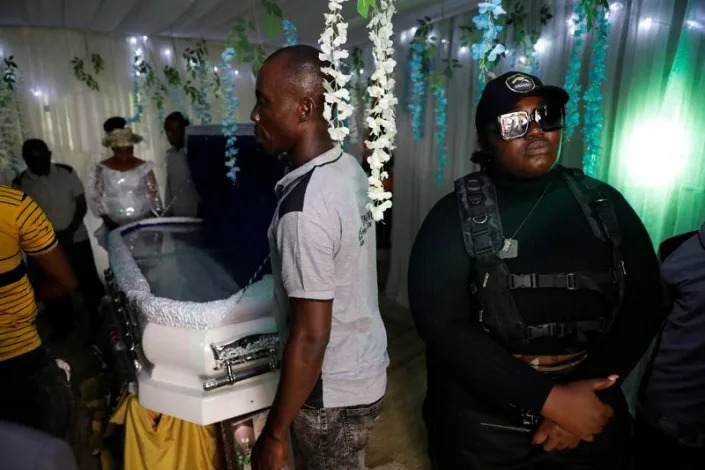
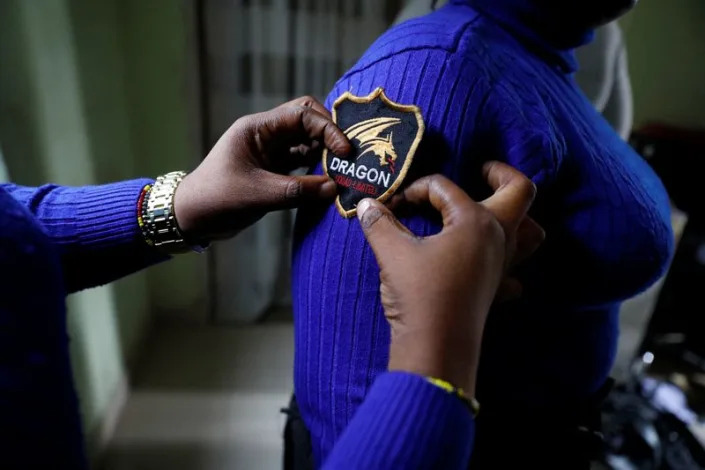


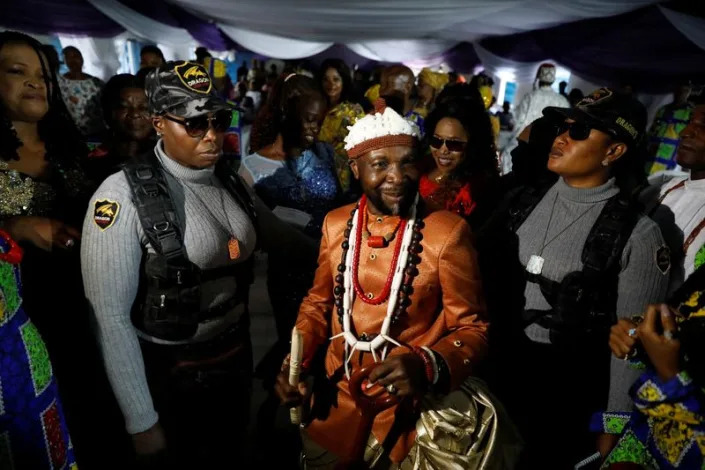
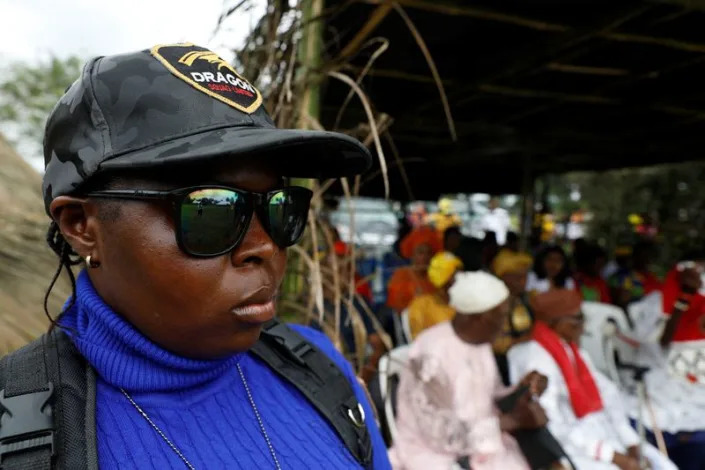
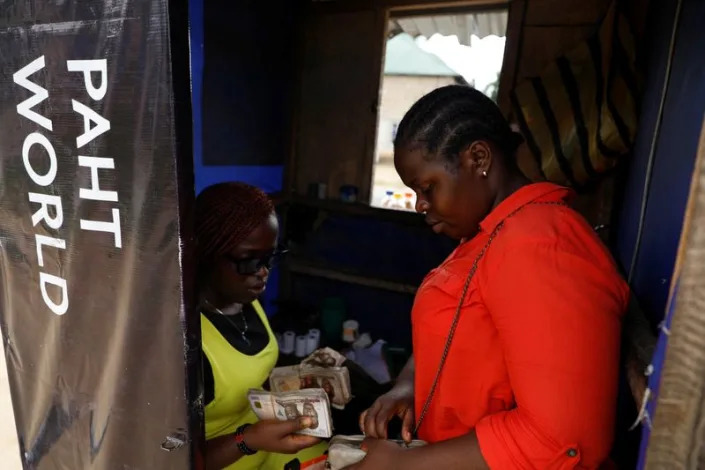
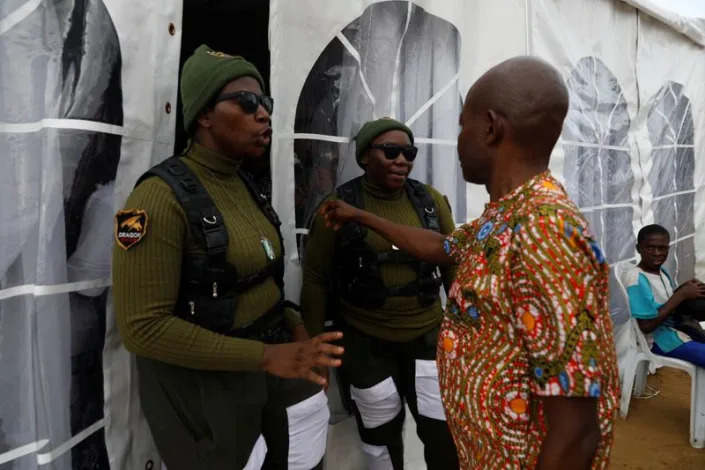
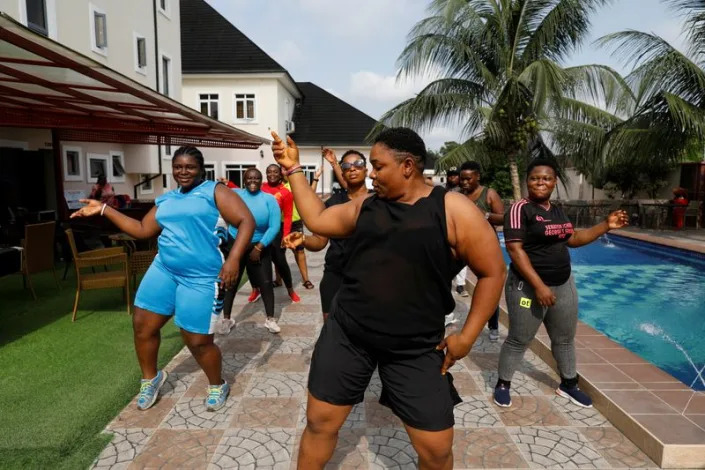

PHOTO GALLERY 9 / 33










PHOTO GALLERY 9 / 33
The Wider Image: Nigeria's female bouncers show their strength fighting stereotypes
Thu, January 12, 2023
By Seun Sanni and Temilade Adelaja
AKWA IBOM, Nigeria (Reuters) - For years, Emem Thomas' body drew snarky remarks from slimmer classmates in southern Nigeria that shattered her confidence and natural affability.
As teasing and taunts marred her teenage years, she gave up on dreams like competing in a local beauty pageant.
Then she found a niche that values what Thomas now proudly describes as her "plus-sized" body type: the "Dragon Squad Limited", a team of female bouncers.
"I love what I see dragons do in movies," she said. "They are also a symbol of power and protection."
Founded in 2018, Thomas only employs women of a certain weight and shape, creating a safe space for plus-size women to excel in a field that is traditionally male-dominated.
"My team is all about plus-size ladies," she explained. "If you have the plus-size body then that is cool for me, before I now talk about your passion and other qualifications."
The Dragon Squad's 43 recruits have worked security at about 2,000 events including house parties, funerals, political rallies and club nights.
"People expect us to be in the kitchen or probably doing make-up and other feminine roles, but joining this squad has really enlightened me," said 23-year-old bouncer Peace Vigorous, the youngest of the crew.
In addition to walkie-talkies, boots and dark glasses, the bouncers carry pepper spray.
The risk of being molested on the job is "always something we have in mind", said Thomas.
"We always prep ourselves for that" and for "men looking down on us."
'FACE THE CROWD'
On an early overcast morning, Thomas led bouncers through a sweaty fitness session on a parking lot.
The women have acquired skills, strength, and most importantly for Thomas, confidence.
"Most of them... were always shy. They couldn't talk," she said, noting that she too became introverted because of her weight.
Behaviour that draws attention such as standing in front of a crowd and giving orders can be particularly challenging for women used to avoiding the public eye.
"Face the crowd and be yourself," Thomas tells them when they falter. "You are supposed to be seen and known."
Thomas's newfound confidence has transformed her social and family life in the city of Uyo, where the 37-year-old lives with her two children.
She no longer considers herself and introvert or shies away from events.
The Dragon Squad has also led her to advocate for the rights of girls and women.
Gender violence is rife in Nigeria, which has one of the world's highest rates of sexual assault. Jihadist groups in the north are renown for kidnapping girls and women and trafficking them into sex work and forced labour.
For Thomas, change comes with "breaking the barrier" to show what women bring to all sectors of society.
She believes female bouncers "have a way of taking off danger" by listening to troublemakers and victims in a way that most men do not have patience for.
"I see no reason why women (should not be) given a chance."
Read more:
Teenage girls in northern Nigeria 'open their minds' with robotics
Nigerian ride-hailing app aims to put women at ease
(Reporting by Seun Sanni and Temilade Adelaja; Writing by Sofia Christensen; Editing by Lisa Shumaker)
By Seun Sanni and Temilade Adelaja
AKWA IBOM, Nigeria (Reuters) - For years, Emem Thomas' body drew snarky remarks from slimmer classmates in southern Nigeria that shattered her confidence and natural affability.
As teasing and taunts marred her teenage years, she gave up on dreams like competing in a local beauty pageant.
Then she found a niche that values what Thomas now proudly describes as her "plus-sized" body type: the "Dragon Squad Limited", a team of female bouncers.
"I love what I see dragons do in movies," she said. "They are also a symbol of power and protection."
Founded in 2018, Thomas only employs women of a certain weight and shape, creating a safe space for plus-size women to excel in a field that is traditionally male-dominated.
"My team is all about plus-size ladies," she explained. "If you have the plus-size body then that is cool for me, before I now talk about your passion and other qualifications."
The Dragon Squad's 43 recruits have worked security at about 2,000 events including house parties, funerals, political rallies and club nights.
"People expect us to be in the kitchen or probably doing make-up and other feminine roles, but joining this squad has really enlightened me," said 23-year-old bouncer Peace Vigorous, the youngest of the crew.
In addition to walkie-talkies, boots and dark glasses, the bouncers carry pepper spray.
The risk of being molested on the job is "always something we have in mind", said Thomas.
"We always prep ourselves for that" and for "men looking down on us."
'FACE THE CROWD'
On an early overcast morning, Thomas led bouncers through a sweaty fitness session on a parking lot.
The women have acquired skills, strength, and most importantly for Thomas, confidence.
"Most of them... were always shy. They couldn't talk," she said, noting that she too became introverted because of her weight.
Behaviour that draws attention such as standing in front of a crowd and giving orders can be particularly challenging for women used to avoiding the public eye.
"Face the crowd and be yourself," Thomas tells them when they falter. "You are supposed to be seen and known."
Thomas's newfound confidence has transformed her social and family life in the city of Uyo, where the 37-year-old lives with her two children.
She no longer considers herself and introvert or shies away from events.
The Dragon Squad has also led her to advocate for the rights of girls and women.
Gender violence is rife in Nigeria, which has one of the world's highest rates of sexual assault. Jihadist groups in the north are renown for kidnapping girls and women and trafficking them into sex work and forced labour.
For Thomas, change comes with "breaking the barrier" to show what women bring to all sectors of society.
She believes female bouncers "have a way of taking off danger" by listening to troublemakers and victims in a way that most men do not have patience for.
"I see no reason why women (should not be) given a chance."
Read more:
Teenage girls in northern Nigeria 'open their minds' with robotics
Nigerian ride-hailing app aims to put women at ease
(Reporting by Seun Sanni and Temilade Adelaja; Writing by Sofia Christensen; Editing by Lisa Shumaker)
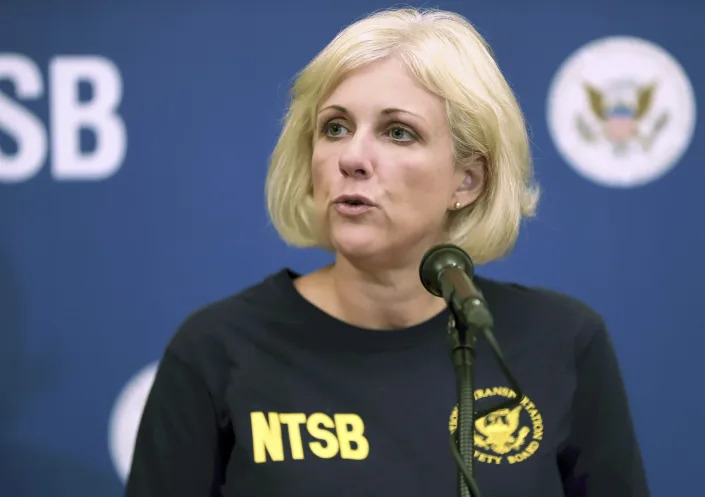

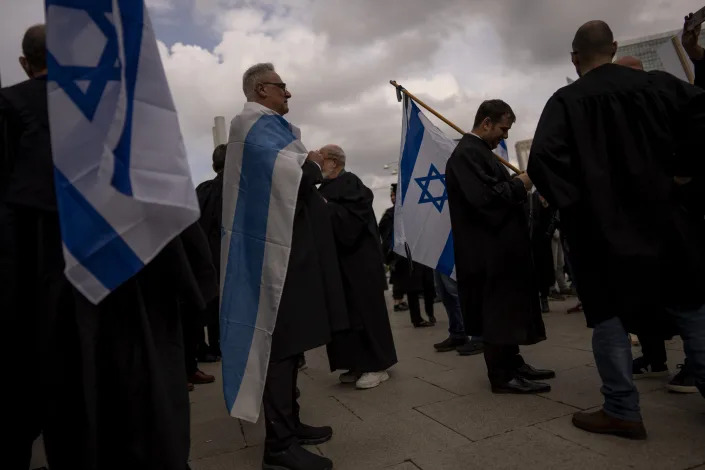

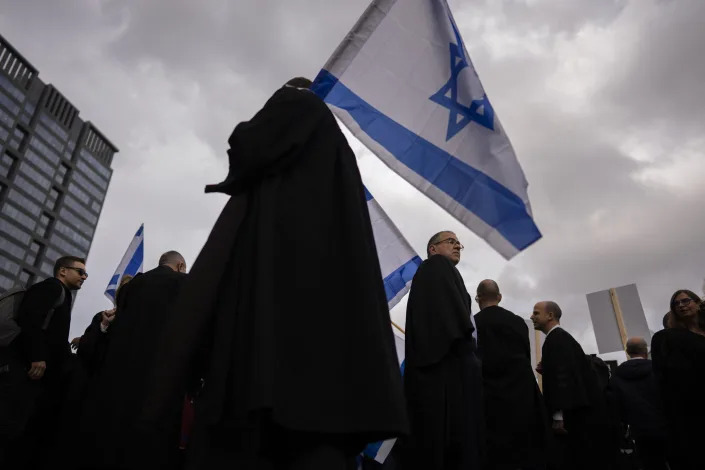
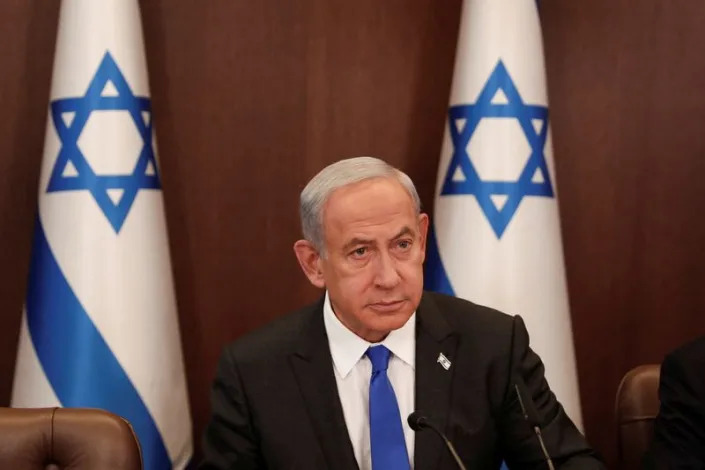

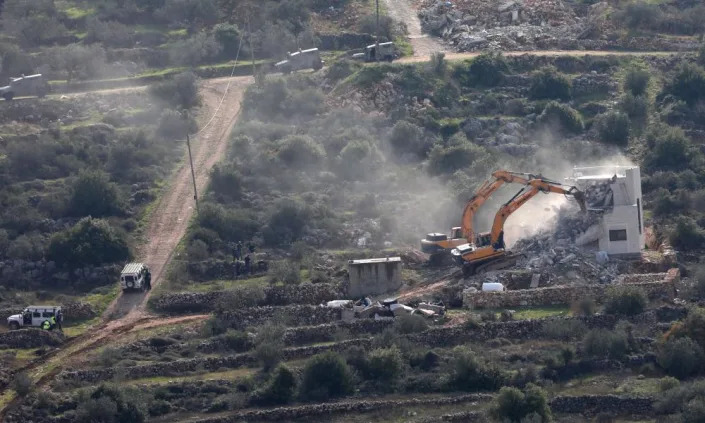
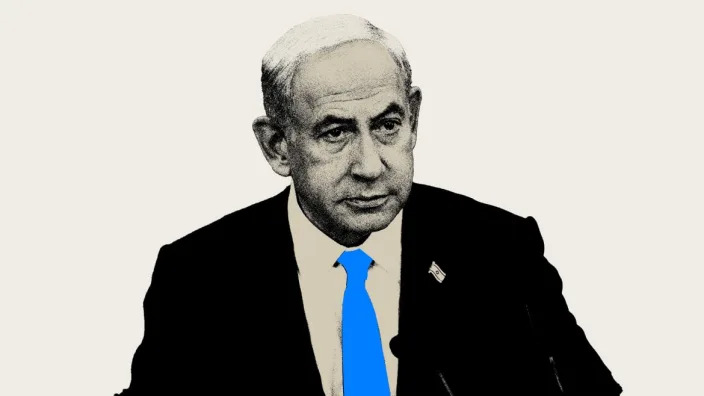
 \\
\\